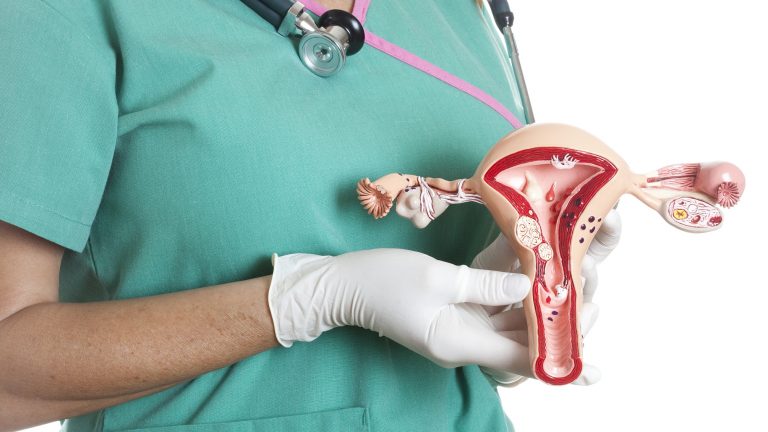
Misconceptions affect fight against cervical cancer
Some women with symptoms of cervical cancer refuse to seek help due to certain myths and misconception.
Advertisement
Cervical cancer is a cancer of the lower part of the uterus that connects to the vagina.
According to a Medical Doctor, Dr Vanessa Mensah-Kabu, the disease continues to affect many women. However, they are unable to report to health centres for screening and treatment as it is still shrouded in myths.
She explained that there was the popular misconception that it was contracted sexually and so anyone who reported symptoms or was diagnosed lived a promiscuous life.
Dr Mensah-Kabu, who was speaking to The Mirror, explained that even women without symptoms did not take part in screening exercises for similar reasons.
She explained that although sexual activities could increase a woman’s chances of contracting Human Papilloma Virus (HPV), the virus that causes cervical cancer, there were other means of coming in contact with the virus.
“In our local setting, cervical cancer is fast affecting most women mainly because the disease is shrouded in secrecy with many myths. Most persons who believe cervical cancer is mainly caused by sexual activity shy away from visiting the hospitals to get screened or tested,” she explained.
Ms Anita E. Asamoah, a Public Health Advocate at Public Health Perspective, confirmed that in addition to sex, the virus could be spread through skin-to-skin contact in the genital and oral areas.
She said some women who saw symptoms such as vaginal warts inserted some concoctions and only reported to health facilities when the condition had deteriorated.
“The cervix is a private area so until the person opens up about it, you can’t help her. Some are also shy that people will see their vaginas in that state so they resort to many options till it gets out of hand.”
Ms Asamoah said it was for such reasons that advocacy on the condition must be increased so women take part in screening exercises and seek medical help immediately they notice any signs.
She said it was especially important to increase advocacy in local languages so that language doesn’t become a barrier.
“Usually the focus is on Accra and the mode of communication is English. What happens to the many women in the rural areas or even in Accra who don’t speak English? It is usually in these places where the women use herbal concoctions to treat vaginal infections. Continuous advocacy on the subject will encourage them to open up,” she said.
Ms Asamoah said it was also important to intensify sex education in schools as many young people had sex without the knowledge of their parents.
Having multiple sex partners and engaging in unprotected and oral sex, increases the risk of contracting the HPV virus, she added.
“These days girls as young as nine engage in sexual activities. Rather than pretending that all is well or it is not happening, we must talk to them openly about sex and the consequences it comes with,” she added.
Dr Mensah-Kabu explained that although some people had no symptoms, signs such as painful sexual intercourse, abnormal vaginal bleeding, abnormal vaginal discharge, and lower abdominal pain must not be ignored.
Treatment she explained largely depended on the stage.
“The sooner it is detected the higher the prognosis, meaning a person has a good chance of recovering from the disease hence the need for early detection through screening and evaluation. We all collectively owe it to ourselves to ensure that we create awareness through education which can help reduce the stigma and encourage many to get tested.”
The HPV, she added, can be highly prevented through vaccination which is usually recommended in the pre sexual age groups for both boys and girls.
She said in older women, routine screening through pap smear testing could test for HPV and recommendation for vaccination would be discussed if applicable.
The efficacy of the vaccine, she however added, reduced as a person got older and might not be recommended.
“It is advised that women visit their healthcare providers for routine screening especially those in the post-menopausal ages,” she concluded.



